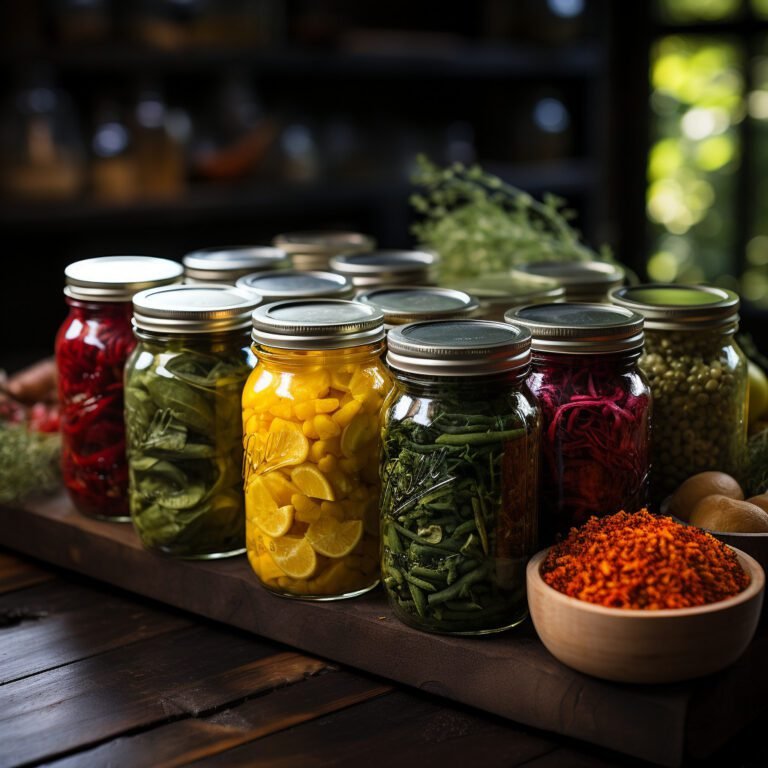Brewing Beyond Beer: Innovative Uses of Fermentation in the Beverage Industry
Introduction to Innovative Uses of Fermentation
Long ago, our ancestors discovered that the process of fermentation could transform simple, everyday ingredients into something extraordinary. Since then, fermentation has been a cornerstone of the beverage industry, most notably in the production of beer. However, in recent times, the industry has begun to experiment with this age-old process, creating a whole new range of exciting and innovative beverages. This article will explore the innovative uses of fermentation in the beverage industry.
Revitalizing Traditional Beverages
One of the ways in which the beverage industry is using fermentation in innovative ways is by revitalizing traditional beverages. Producers are taking age-old recipes and adding a modern twist through unique fermentation processes. For example, mead, a fermented honey drink, has seen a resurgence in popularity, with craft mead makers experimenting with different types of honey and fermentation techniques to create a wide range of flavors and styles.
Kombucha, a fermented tea beverage, has also exploded in popularity. This probiotic-rich drink, known for its potential health benefits, is being spawned into countless flavor combinations as producers experiment with different teas and fermentation times.
Creating New Beverage Categories
Fermentation is also being used to create entirely new categories of beverages. Hard seltzers are a perfect example of this. These fizzy, low-calorie drinks are made by fermenting sugar rather than malt, resulting in a light, refreshing beverage that has taken the market by storm. Hard kombucha is another example, combining the health benefits of kombucha with a little alcoholic kick.
Even coffee and tea are being transformed through fermentation. Producers are using fermentation to create new flavor profiles in these staple beverages, leading to products like fermented coffee, which offers a smoother, less acidic taste.
Fermentation and Sustainability
Another exciting area where fermentation is being used innovatively is in the realm of sustainability. Many producers are using fermentation to create plant-based alternatives to traditional beverages, reducing their environmental impact in the process. For example, some companies are using fermentation to produce vegan wines and beers, which avoid the use of animal products in their production processes.
Furthermore, companies are also experimenting with the fermentation of surplus or waste products, turning them into tasty, marketable drinks. This not only minimizes waste but also creates a unique selling point for these products.
Conclusion
The innovative uses of fermentation in the beverage industry are transforming the way we think about drinks. From revitalizing traditional beverages to creating entirely new categories, the possibilities are endless. Moreover, the use of fermentation in creating more sustainable beverages indicates that this trend is not just about creating exciting new flavors, but also about making the industry more environmentally friendly. As the industry continues to experiment with this incredible process, we can look forward to a future of exciting, innovative, and sustainable beverages.





